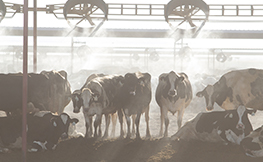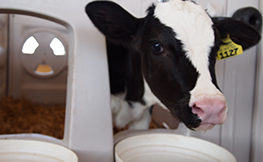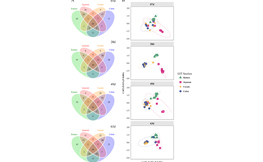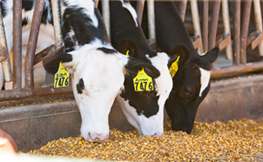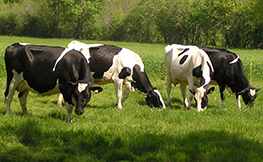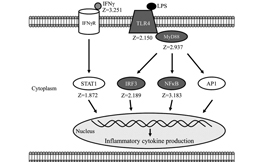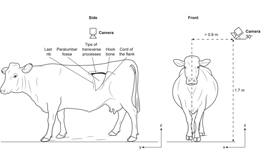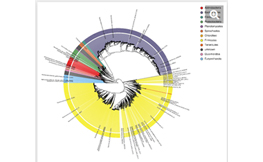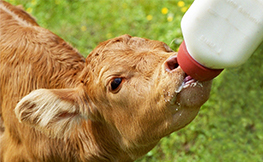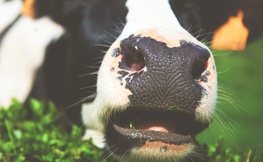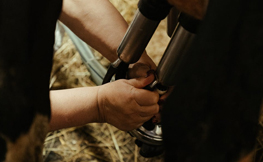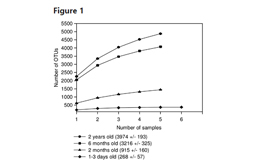Rumen Health Technical Guide
Leading ruminant experts have written the Rumen Health Technical Guide. This resource is free to veterinarians, nutritionists and producers, request a copy today.
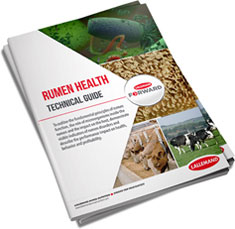 Get a copy
Get a copy
Leaky Gut Syndrome
When the ruminant intestinal barrier is compromised, creating intestinal permeability, the infiltration of undesirable molecules can lead to aggressive immune activation (Cangiano L.R. et al., 2022), compromising the proper function of the ruminant digestive system–this is ruminant leaky gut syndrome.
Ruminant leaky gut syndrome is a multifactorial deterioration of the ruminant digestive system.
Many factors can contribute to the maintenance of the ruminant intestinal barrier and therefore to the maintenance of all the functions performed by the ruminant digestive system. These parameters are interconnected and contribute to the overall performance of a healthy and functional ruminant digestive system.
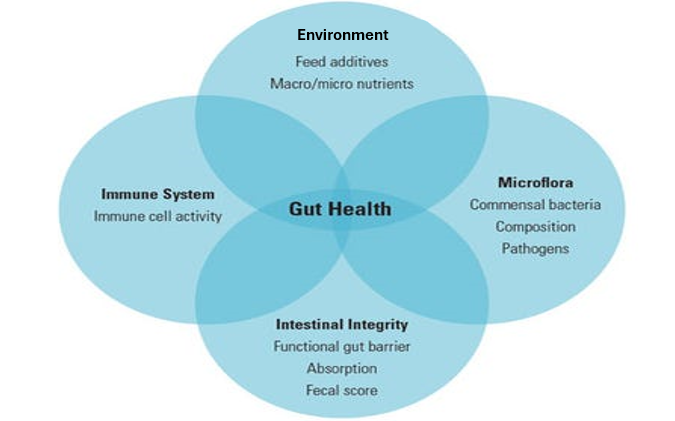
- Environmental factors can play a part in altering the ruminant intestinal barrier creating intestinal permeability, including all the transitions periods: transportation and co-mingling, heat stress, calving, fattening, adaptation to a new diet, etc. (Amin N., Seifert J., 2021).
- The ruminant lower gut microbiotaGlossaryView allMicrobiota
A microbiota is the whole of the ecosystem (bacteria, yeast, fungi and viruses) living in a specific environment. Intestinal microbiota was previously called “intestinal flora.”, which modulates the immune system and protects against enteric infections (Chase C., Kaushik R.S., 2019), makes a major contribution to maintaining the integrity of the ruminant intestinal barrier. Furthermore, any disturbance in the ruminant lower gut microbiota is likely to alter the homeostasis of the ruminant digestive system (Industry Voice by Kemin, 2017). - Given that 70% of the immune system is in the ruminant digestive system, it is easy to understand that altered ruminant intestinal barrier functions can trigger excessive immune activation in the ruminant lower gut (Industry Voice by Kemin, 2017).
- The integrity of the ruminant intestinal barrier is doubly important, as it must enable the ruminant digestive system to perform its functions, such as: control nutrient absorption and protect the host from the mixture of microorganisms, toxins and chemicals (Steele M.A. et al., 2016). Tight junctions also play a key role in regulating ruminant lower gut permeability (Industry Voice by Kemin, 2017). This integrity allows for a reduced immune activation.
What are the consequences of ruminant leaky gut syndrome on ruminant digestive system performance?
Reduction of ruminant nutrient absorption
In order to understand the molecular and morphological effects of the ruminant leaky gut syndrome at the origin of the reduction in the absorptive capacity (Cangiano L.R. et al., 2022) of the ruminant digestive system, an artificial ruminant leaky gut syndrome model was created following repeated injections of indomethacin (Cangiano L.R. et al., 2022).
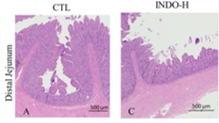
The result is the reduction in villus length (36 and 32%) and surface area (34 and 26%) in the distal jejunum and ileum.
Ruminant systemic inflammation
The penetration of undesirable molecules through the permeable ruminant intestinal barrier is likely to trigger an excessive immune response leading to sustained systemic inflammation (Vancamelbeke M., Vermeire S., 2017).
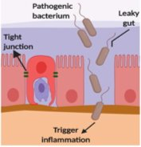
Such inflammation results in changes in tissue function that ultimately shifts the metabolic priorities of the animal to support the increasing energy demand of the immune system, which negatively affects growth and productivity by a specific energy partititioning (Vancamelbeke M., Vermeire S., 2017).
Ruminant leaky gut syndrome therefore has major consequences not only for the health of the digestive system, but also for ruminant physiology as a whole, making the animal more susceptible to infection, such as bovine respiratory disease. If you would like to find out more about the link between bovine respiratory disease and poor ruminant lower gut health, click here.
